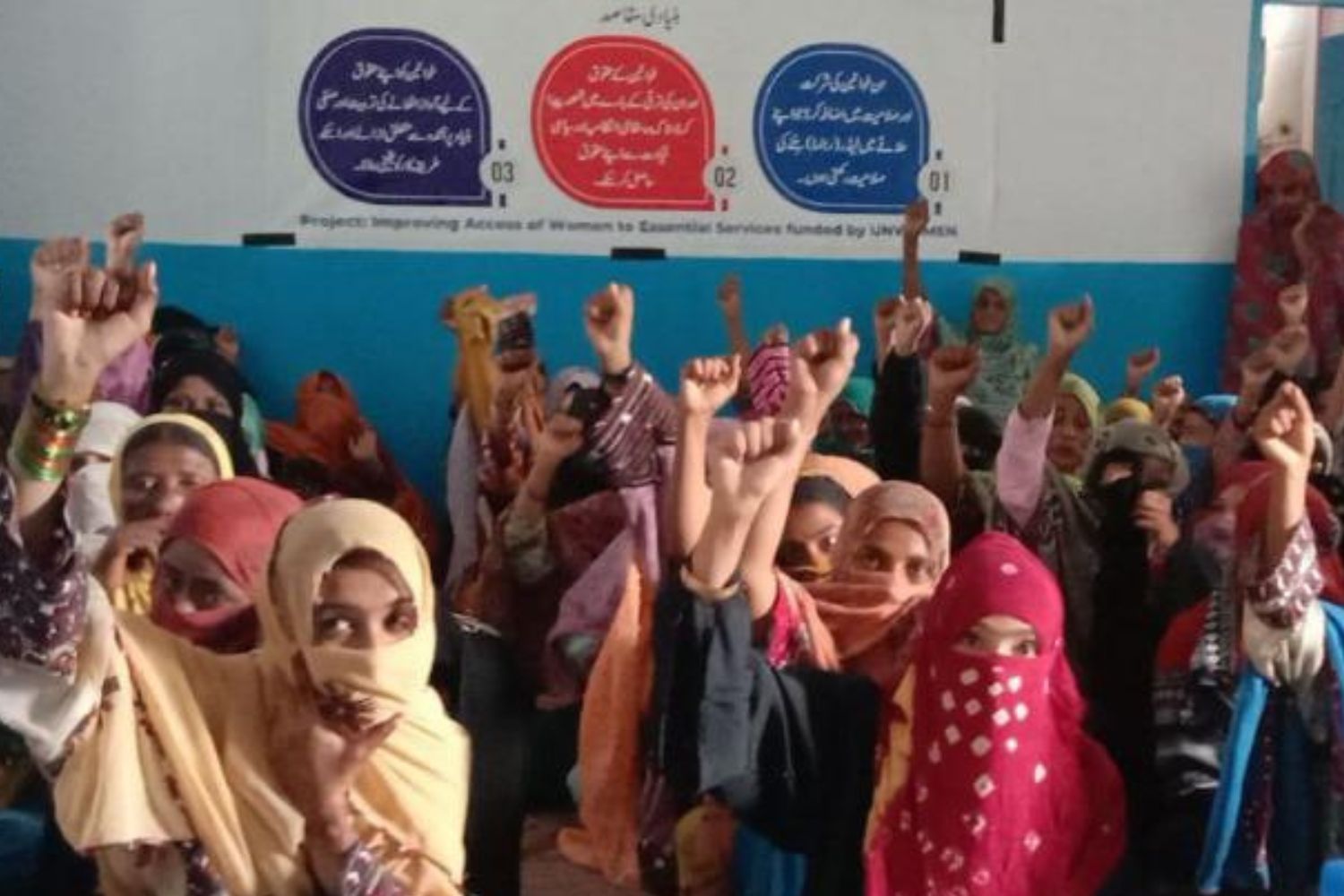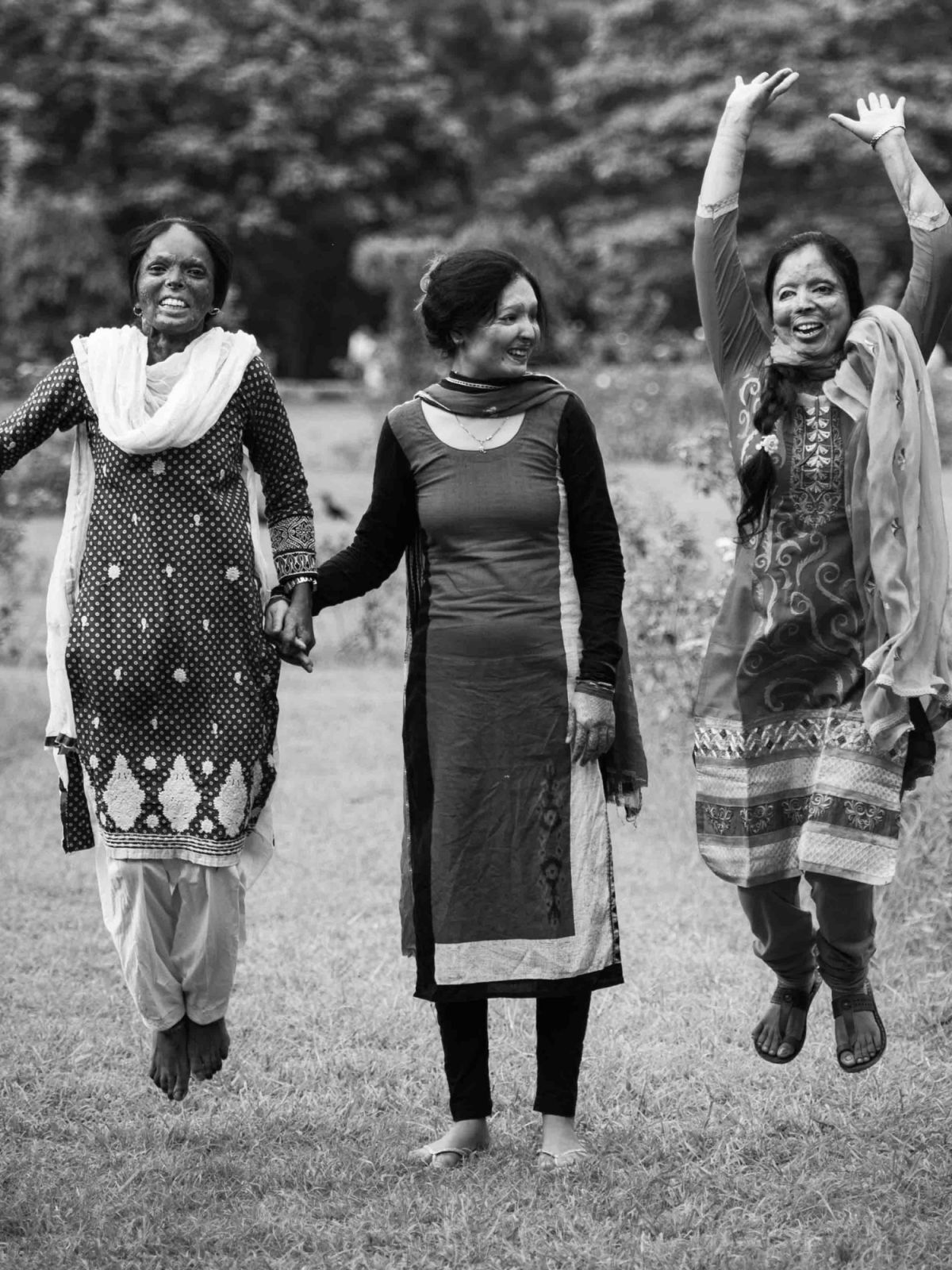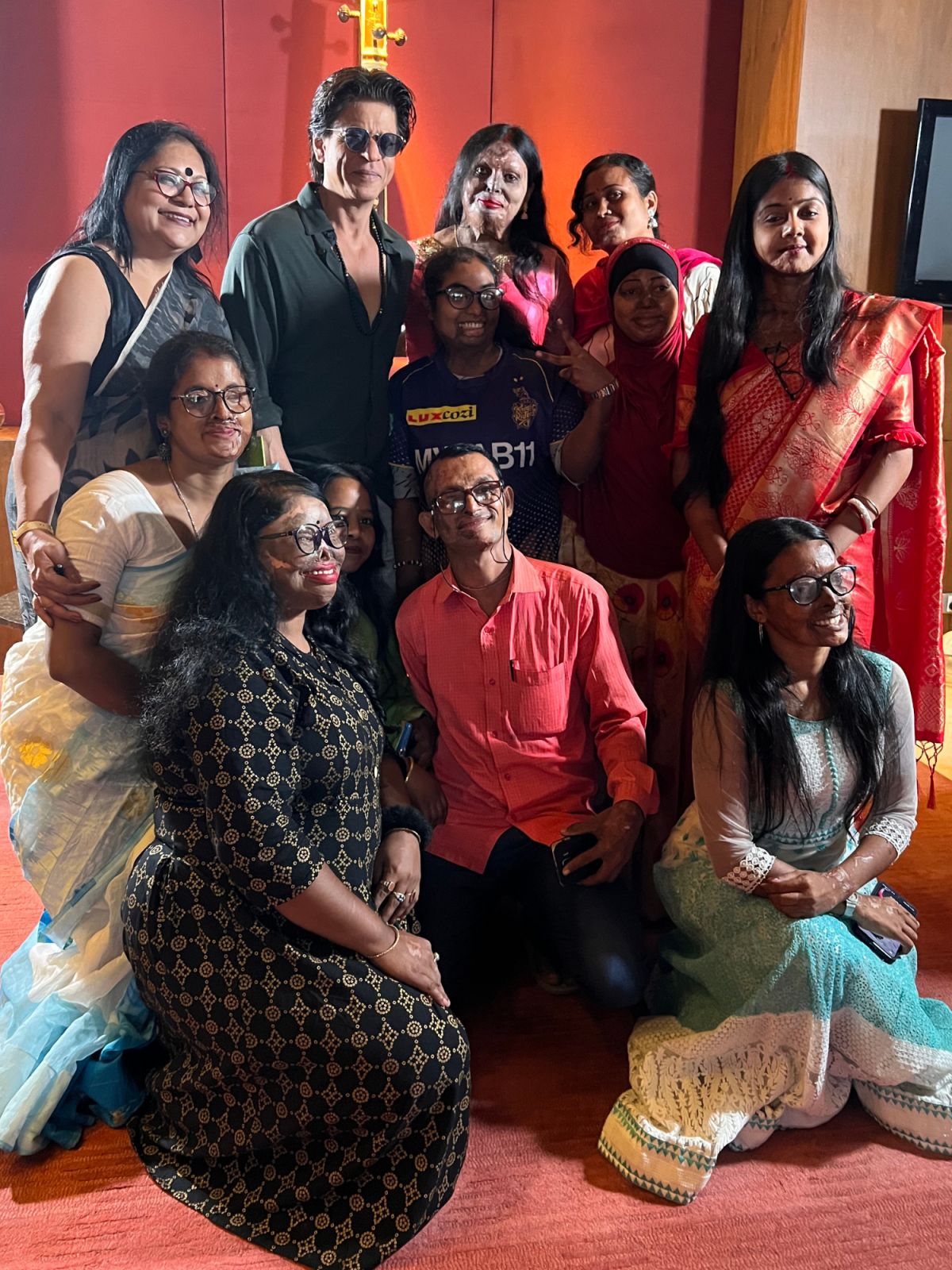From sex trafficking to domestic abuse, violence against women has been on the rise globally in recent years. Here, we look at why that is the case, and the ongoing fight in Asia led by survivors and charitable organisations to combat gender-based violence
Tanisha Khan (name changed) of Bangladesh was just 14 years old when she arrived in India with her husband on what she thought was a holiday in 2016. But within minutes of crossing the Indo-Bangladesh border, her husband sold her into sexual slavery. Khan was forced to serve up to 10 clients per day for the next two years before she was rescued by the police. Unfortunately, what happened to Khan is not uncommon.
In 2018, The State of Conflict and Violence in Asia, a report by The Asia Foundation—an NGO committed to improving lives of underprivileged people in the region—found that gender-based violence (defined by the United Nations as acts of violence that result in “physical, sexual, or mental harm or suffering to women”) is one of the deadliest forms of violence in Asia. In countries like India, Bangladesh and Nepal, gender-based violence is said to kill more people than in armed conflicts.
And this was before the outbreak of Covid-19. A 2020 UN Women report revealed that violence against girls and women around the world had escalated since the onset of Covid-19, with more women being forced to spend time in isolation with their abusers, many of whom are their immediate family members.
In Asia, the situation is made even more complex by factors such as patriarchal ideologies and established gender roles common across this region’s cultures, socio-economic structures that are skewed in men’s favour, limited education, and lack of awareness, resources and support. All these combined make women one of the most underrepresented and oppressed voices in Asia.
In case you missed it: Sumitra Visvanathan and Doris Chong on pushing for greater awareness of abuse and ending violence against women
Victims fighting back
Despite the odds stacked against them, some women and organisations are fighting to change this tragic reality. One of them is Shaheen Malik, the founder of Brave Souls Foundation, a Delhi-based non-profit that combats gender-based violence and seeks to improve the lives of acid attack survivors. Malik herself survived such an attack in 2009 by a former employer for refusing his advances, and lost an eye and was left with permanent facial scarring as a result.
“I didn’t have the will to step out of the house for years after that,” Malik told Tatler, “but the medical costs of my treatment were rising, and I didn’t want to become dependent on others around me. So, I forced myself to get out and find a job in 2013. I found one where I could help other acid attack survivors. Interestingly, it’s by working and helping others like me that I felt I was not alone and that helped in my healing.”
In 2018, Malik joined Meer Foundation, one of India’s most renowned charities that help rehabilitate acid attack survivors. And in 2021 Malik founded Brave Souls Foundation to provide comprehensive aid to acid attack survivors with support from Meer Foundation. Thus far, Brave Souls Foundation has helped put 50 survivors in shelter homes and provided legal aid to more than 100 in their fight to get justice against their abusers. The organisation has also collaborated with Lalit Hotel Group, a five-star hotel group in India, to offer job opportunities to acid attack survivors, who Malik says are often denied jobs in the hospitality industry because of the stigma attached to their appearance.
Read more: What causes patterns of abuse and what are the signs?




